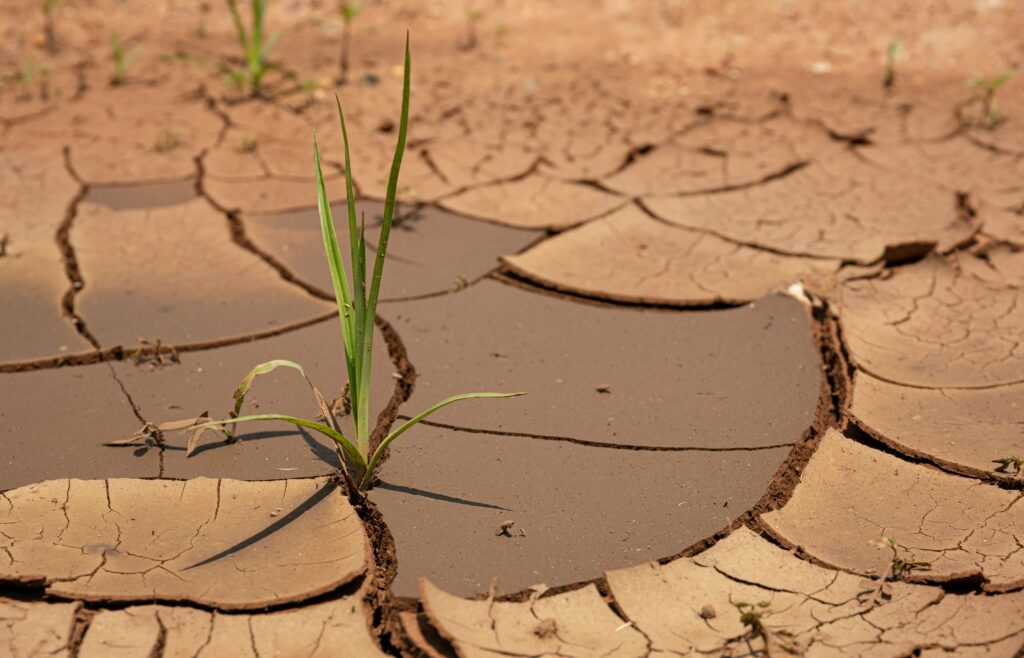LONDON, UK. May 29th 2025 – As Cyprus faces its most severe drought in over a century, with water reservoirs reaching alarmingly low levels, the Turkish Republic of Northern Cyprus (TRNC) has offered humanitarian assistance in the form of fresh water. However, the proposal has been declined by the Republic of Cyprus, with no official explanation provided to the public.
Agricultural production is being severely impacted, public water use is under restriction, and authorities in the south are urging citizens to reduce consumption. Meanwhile, the TRNC continues to receive water from Turkey via a high-capacity undersea pipeline, capable of delivering 75 million cubic meters annually.
The situation in the south is becoming increasingly urgent:
- The Kouris Dam, the largest reservoir in the Republic of Cyprus, is currently at less than 40% capacity.
- Irrigation systems are being scaled back or shut off entirely in major farming regions.
- Farmers are reporting widespread crop loss and fear even greater damage as summer approaches.
- Desalination plants are operating at full capacity but may not meet growing demand.
- There are concerns over how water shortages may impact urban areas and the tourism sector.
TRNC President Ersin Tatar has reaffirmed the north’s willingness to provide assistance, stating:
“We are ready to share water with the Greek Cypriots. This is not a political issue – it’s a humanitarian one. Every drop counts.”
Despite this, cooperation has not materialised. Past remarks from some Greek Cypriot officials suggest that political sensitivities continue to pose a barrier. For instance, in a 2017 interview, then Turkish Deputy Prime Minister, Recep Akdağ, was quoted saying:
“There are some foolish Greek Cypriot politicians and leading figures who say they would rather drink poison than Turkish water.”
While the political divisions on the island are longstanding and complex, the TRNC maintains that this offer is about addressing a shared crisis. Officials there have reiterated that collaboration on critical issues like water, energy, and environmental sustainability remains open.
As Cyprus heads into a hotter, drier summer, and with water resources dwindling, decisions made today may have long-lasting effects—not just environmentally, but socially and economically. The offer of assistance remains on the table.
For further information visit https://freedom-and-fairness.org.
ENDS

